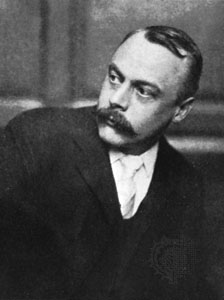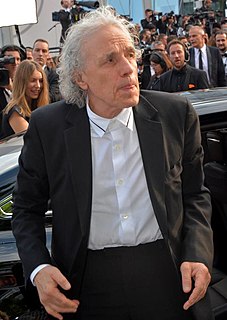A Quote by Paul Laffoley
The tetrahedron was [ Buckminster Fuller's] big thing. He'd talk about it in the same way Plato talked about angles.
Related Quotes
Architects in urban planning are talking about this but they're not talking about it yet I don't think at that level that [Buckminster] Fuller is talking about when he talked about putting a dome over Manhattan, which is to say an attempt at integrating all of these different technologies in a way that makes for a city that, without having an actual dome, thermodynamically manages the heat flow for that urban environment and therefore makes it so that it is a highly efficient machine for a living or a dwelling machine as he would have preferred in terms of thermodynamically optimizing it.
I think that in the first place, why we can get excited about [Buckminster ] Fuller, why it's plausible that people might - why my publisher would publish this book [You belong to the universe] about it long after he's dead and irrelevant by many standards has to do with the fact that he was in a sense coming up with this job for himself that is the job that we now refer to when we speak about world change.
I would have private conversations with [Buckminster Fuller]. I once had an argument, for four hours, about the existence of the Mobius strip. Because he believed in the Klein Bottle, you see. And I said, "How in hell can you claim to believe in the Klein Bottle and think that the Mobius strip is dubious?" He said, "Well, it's a torus." I don't know what he had in his mind as a mathematical background, because I don't think he got topology. Because, in other words, the Mobius strip didn't have angles in it.
In opposing we always talk about freedom in the Western world, Muslims always talk about justice. Very often we mean the same thing. But what we do mean, what in the Western world we call human rights, in the Islamic world, they don't talk about rights. Now they do, but in the past they didn't. It wasn't part of their terminology. But really it's the same thing.



























